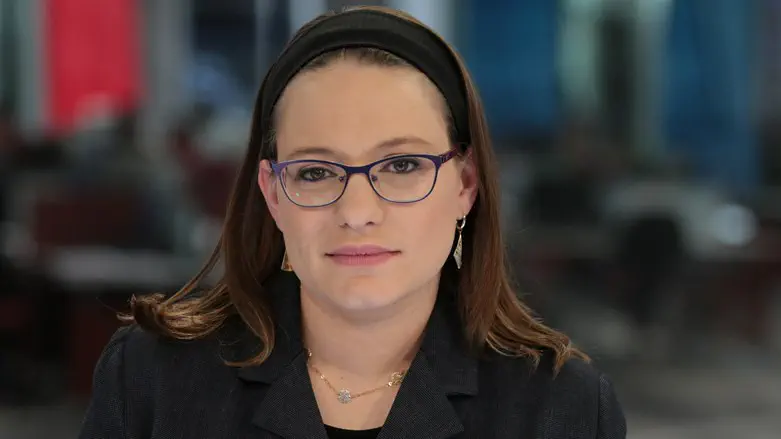
* Translation by Yehoshua Siskin (http://yehoshuasiskin.blogspot.com)
The final candle - a spiritual action makes the difference
1.I heard the following story on Shabbat:
A number of years ago, a rabbi came to Alaska to speak in a local school about Judaism. After he finished speaking, he asked, "Is anyone here Jewish?" A little girl raised her hand and said: "I am." The rabbi got excited, but he did not know what to say to her. He was in a hurry to catch a return flight, and what could he possibly say in a few minutes that would be etched in the mind of a girl living in such remote area? How could he bring her closer to her heritage?
With a sudden flash of inspiration, he said: "You certainly know that every Friday night women light candles before the Sabbath begins. It happens first in Australia and then, several hours later, in Israel, and then in France and in Britain, and only several hours afterward in New York. And eventually, last but not least, in Alaska. After the entire world is blessed with light and peace, when most Sabbath candles are already lit, the entire world waits for your candle. This is the last Sabbath candle that is lit and so the mission of lighting up the entire world is accomplished. From now on, you will be the one who lights the final candle."
In the Torah portion that we read on Shabbat, we learned about lighting the menorah, signifying the obligation of each of us to add our own light to the world. The rabbi could have told the girl that it would be a challenge for her, so far away, to make a difference. Instead, he gave her a job to do and a mission, to light up her own corner of the world.
2. Blessings only rest on what's hidden - inner spirituality
This week, at the height of widespread wiretapping revelations, I was reminded of one of the famous stories about Rabbi Aharon Yehuda Leib Shteinman, z"l. On one of his trips to Jewish communities in Europe, someone put a tape recorder on a table in front of the rabbi before he began to speak and asked if it would be okay to keep the recorder on throughout the evening. Rabbi Shteinman did not understand why this was an issue since, as he explained with a smile, he always lived as though he was being recorded. As our sages stated: "Know what is above you: an Eye that sees, an Ear that hears, and all your deeds are recorded in a Book." (Pirkei Avot 2:1) The rabbi said that, from this standpoint, there was no problem with another device recording his words.
After all the justifiable calls for setting up investigative committees, perhaps this is an opportunity to conduct a similar investigation of ourselves. To think about whether we reveal too much about ourselves so that everyone knows the intimate details of our lives, even without spyware. We need not heed social media's calls to publicize everything about us, all the time, for everyone to see.
This week's Torah portion describes the Mishkan in great detail. The inside is elaborate, including decorative curtains of fine fabric, but the Mishkan itself is covered in simple goatskins.
The Torah here is conveying a message for future generations: blessings only rest upon what is hidden from sight. What happens in private does not need to be publicized in order to have significance. The opposite is true. The Mishkan's inner qualities are concealed, teaching us that it is in the private domain where beauty and holiness reside.
3. Did spirituality vanish?*
What happened to spirituality? After standing at the foot of Mount Sinai and receiving the Ten Commandments, why were we given so many mundane instructions? Why are so many verses suddenly dedicated to the boards and the curtains of the MIshkan, to how the menorah was lit, and to the garments of the Kohen Gadol? Do these details really matter?
Our commentators explain that spirituality does not simply descend from heaven automatically. Spirituality demands much effort and continuous work on our part. Our daily routine does not contradict holiness but is the key element for attaining it. These Torah portions about the materials and methods of Mishkan discipline are meant to educate us to keep a permanent daily schedule, developing devotion and commitment in everything we do. In the end, It's the small, repetitive tasks that change us.
Thomas Edison, inventor of the light bulb, once said that genius is one percent inspiration and ninety-nine percent perspiration. Rabbi Jonathan Sacks quoted this line and said that what is true in science, in art, and in business is also true in spiritual life. In order to grow spiritually, long-term diligence in adhering to a daily routine is essential. These Torah portions remind us that only through rigorous discipline in ninety-nine percent of what we do can we hope to merit ongoing inspiration in our lives.